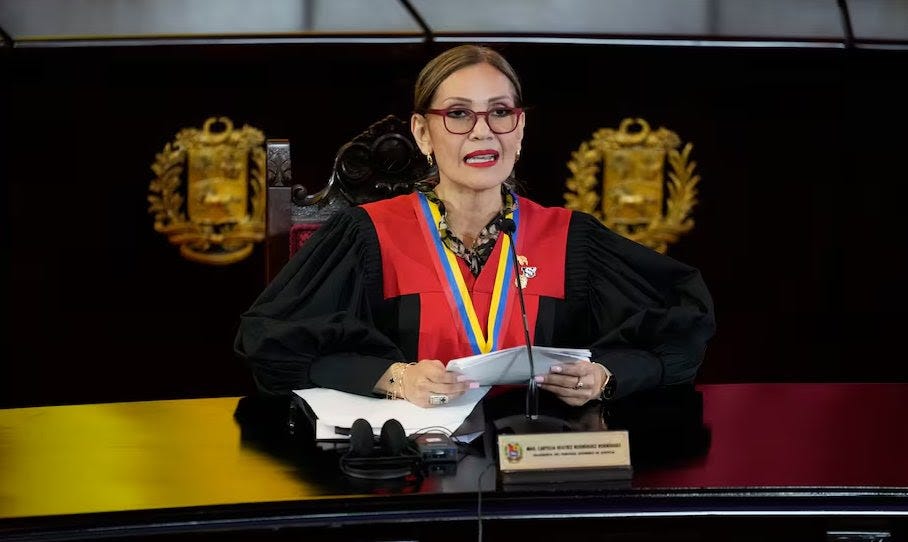
On August 22, 2024, the Electoral Chamber of the Venezuelan Supreme Tribunal of Justice, designed by the Constitution to adjudicate electoral questions, ratified Nicolas Maduro as the winner of the July 28 presidential elections. The verdict of the Chamber is final and cannot be appealed. Maduro will take the oath of office for his third presidential term on January 10, 2025. His term extends to January 10, 2031.
In a press conference attended by government officials, diplomatic representatives, and members of the press, Supreme Court magistrate Caryslia Rodríguez began by reaffirming the jurisdiction of the Electoral Chamber of the Supreme Court on the question, noting that recent electoral processes in Brazil, Mexico, and the United States were ultimately settled by judicial rulings. In a move unanticipated by the extreme right opposition, Maduro, following the an…


